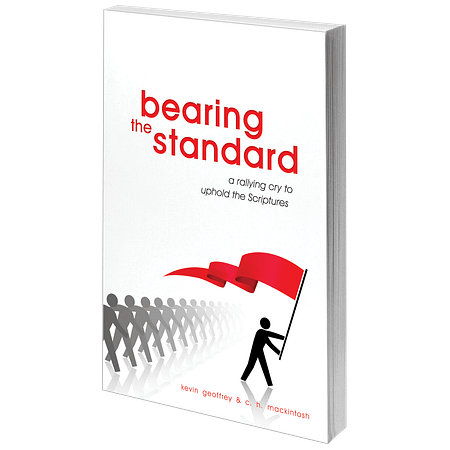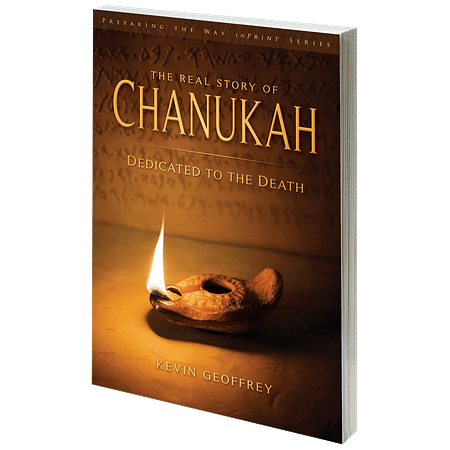…it has been written in the scroll of the words of Y’sha’yahu the prophet, saying, “A voice of one calling, ‘In the desert, prepare the way of Adonai! Make His paths straight! Every valley will be filled, and every mountain and hill will be made low, and the crooked will become straightness, and the rough roads will become smooth; and all flesh will see the salvation of God!’” (Luke 3:4-6, MJLT)
As disciples of Messiah, we are called to follow Him. Where He walks, we walk; where He goes, we go after Him. He is our Master; we are His slaves—and our hearts’ desire is to always be on the path that leads us straight to Him.
The path of the Master Yeshua—the “way of Adonai”—was prepared for Him by Yochanan the Immerser, as prophesied of the Messiah’s forerunner. His path was to be straight, not crooked; filled, not valleyed; lowered, not mountainous; smooth, not rough. In other words, the path prepared for the Messiah was to be completely flat, utterly level, and without twist, bend, or turn.
But why did Yeshua need a forerunner to prepare His path? Read more
![jvtv2014-960x200[1]](https://mlqmsuiltnh3.i.optimole.com/cb:Dzxl.317a2/w:518/h:1080/q:mauto/f:best/ig:avif/https://www.perfectword.org/wp-content/uploads/2014/10/jvtv2014-960x2001.jpg)
 I say, then, did Israel stumble so that they might fall? Let it not be! …For I speak to you—to the Goyim [Gentiles]—inasmuch as I am indeed an emissary of Goyim: …if Israel’s rejection is a reconciliation of the world, what will their reception be if not life out of the dead? And if the first-fruit from the dough is holy, then the whole batch is also; and if the root is holy, then the branches are also. But if certain ones of the branches were broken off, and you [Goyim], being of a wild olive tree, were grafted in among them, and became a fellow-sharer of the root and of the richness of the olive tree, do not boast against the branches. But if you do boast, remember that you do not carry the root, but the root carries you! (Romans 11:11-18)
I say, then, did Israel stumble so that they might fall? Let it not be! …For I speak to you—to the Goyim [Gentiles]—inasmuch as I am indeed an emissary of Goyim: …if Israel’s rejection is a reconciliation of the world, what will their reception be if not life out of the dead? And if the first-fruit from the dough is holy, then the whole batch is also; and if the root is holy, then the branches are also. But if certain ones of the branches were broken off, and you [Goyim], being of a wild olive tree, were grafted in among them, and became a fellow-sharer of the root and of the richness of the olive tree, do not boast against the branches. But if you do boast, remember that you do not carry the root, but the root carries you! (Romans 11:11-18)


![torah[1]](https://mlqmsuiltnh3.i.optimole.com/cb:Dzxl.317a2/w:265/h:300/q:mauto/f:best/ig:avif/https://www.perfectword.org/wp-content/uploads/2013/04/torah1.jpg) Excerpted from the
Excerpted from the 



